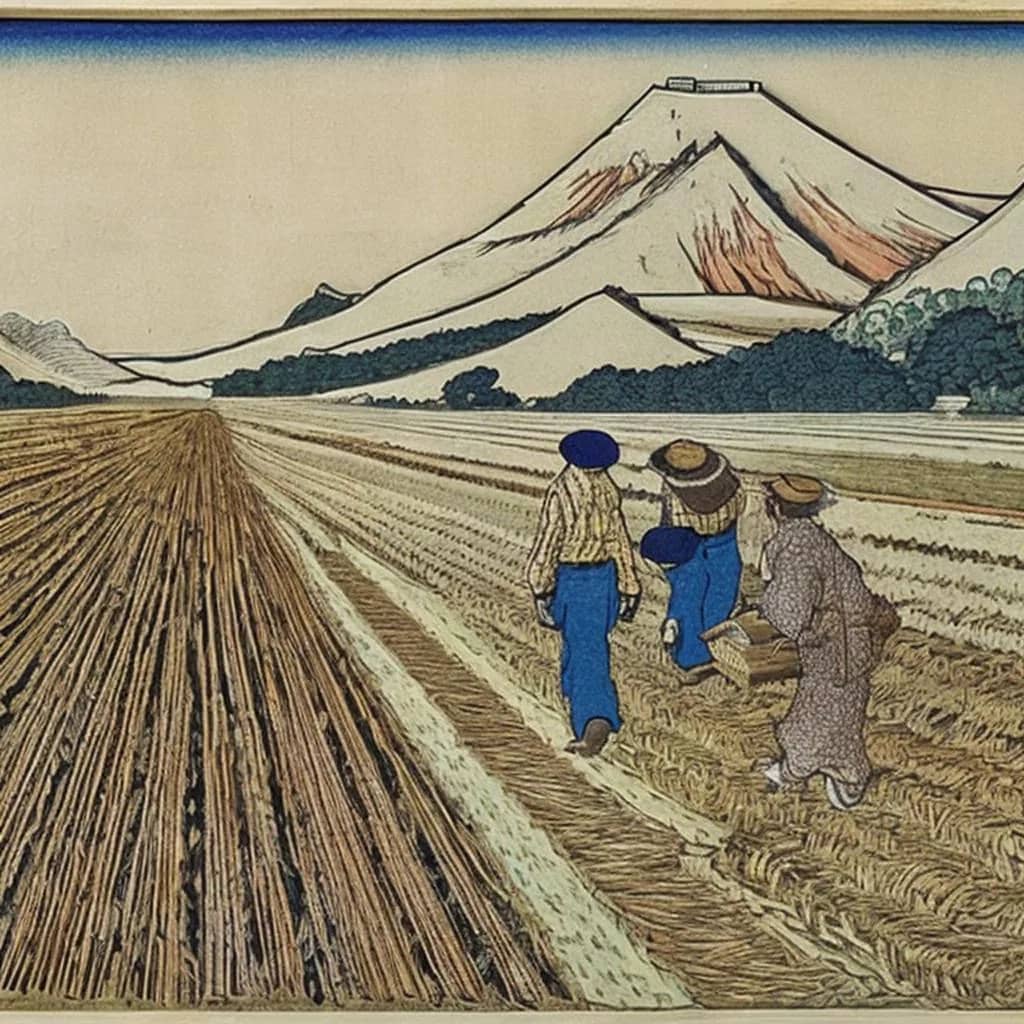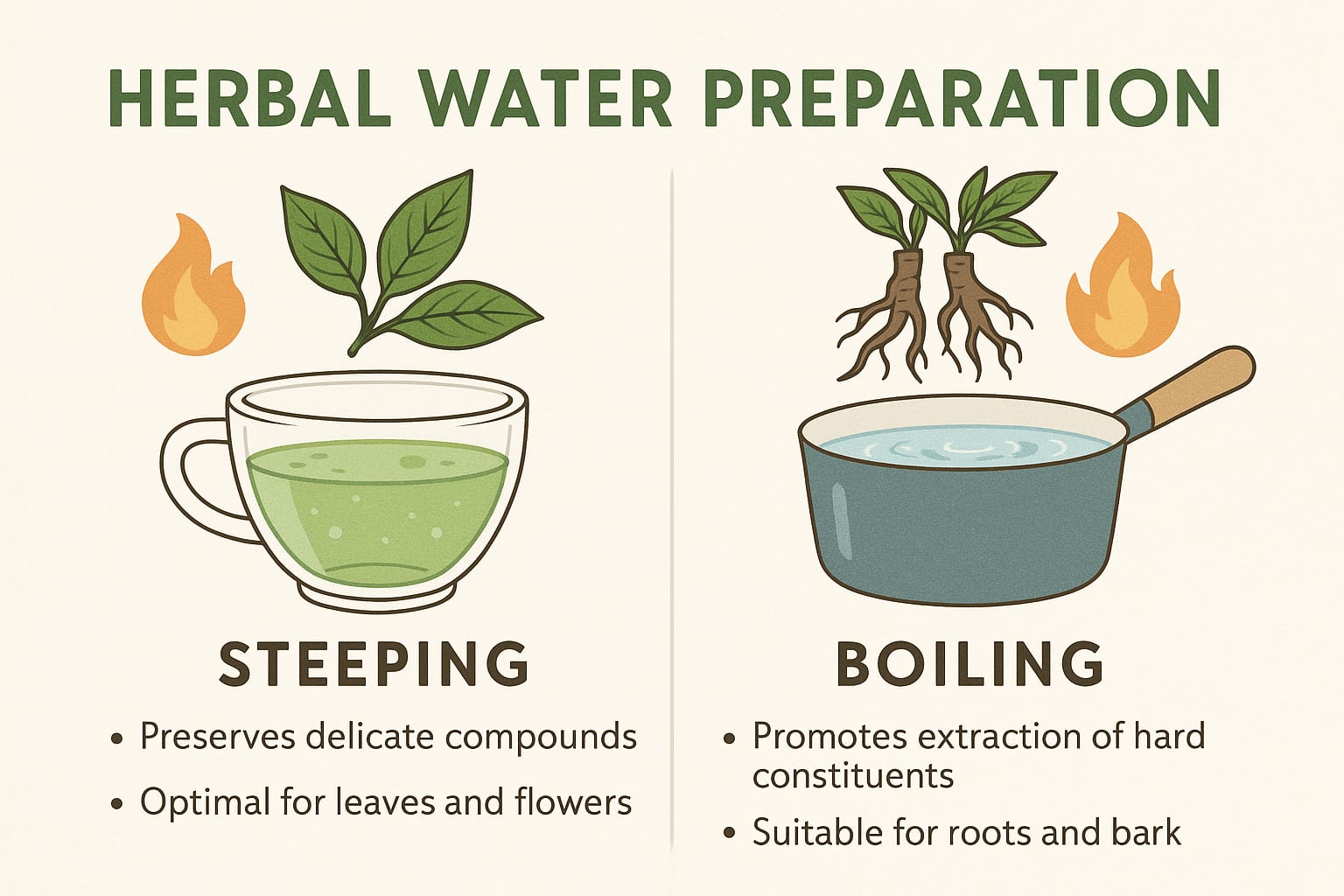
What are refined grains
Refined grains are grains that have been processed to remove the outer layer of the grain (the bran) and the germ, leaving only the endosperm. The bran and germ are the parts of the grain that contain most of the nutrients, such as fiber, vitamins, minerals, and healthy fats. When these parts are removed, the resulting grain product is lower in nutrients and dietary fiber and higher in carbohydrates and calories.
Common examples of refined grains include white bread, white rice, and many types of pasta. These grains are often used in processed foods and baked goods, such as cakes and cookies.
While refined grains may be more palatable to some people, they are generally less nutritious than whole grains. It is recommended that people consume at least half of their daily grain intake from whole grains, such as whole wheat bread, brown rice, and oatmeal, to ensure they are getting adequate nutrients and fiber in their diet.
Some say refined grains are healthier because of the widespread use of pesticides
It is not accurate to say that refined grains are healthier because of the widespread use of pesticides. While pesticides are often used to protect crops from pests and diseases, the practice of using pesticides on grains is not unique to refined grains. Both refined grains and whole grains may be treated with pesticides, depending on the farming practices used to grow them.
Furthermore, while the use of pesticides can help protect crops and increase yields, it can also have negative impacts on human health and the environment. Exposure to pesticides has been linked to various health problems, including cancer, neurological disorders, and reproductive issues. In addition, pesticides can harm non-target organisms, such as bees and other pollinators, and contribute to environmental pollution.
It is important to note that both refined grains and whole grains can be part of a healthy diet. However, whole grains are generally considered to be more nutritious because they contain more fiber, vitamins, minerals, and phytochemicals than refined grains. If possible, it is recommended to choose whole grains that are grown using organic or sustainable farming practices, which may help reduce the use of pesticides and promote environmental and human health.
List of non-GMO (not genetically modified) grains
- Amaranth
- Barley
- Buckwheat
- Corn (non-GMO varieties)
- Farro
- Millet
- Oats (certified gluten-free and non-GMO varieties)
- Quinoa
- Rice (including white, brown, basmati, and jasmine)
- Rye
- Sorghum
- Spelt
- Teff
- Triticale
- Wheat (including durum, einkorn, emmer, and kamut)
It’s important to note that while these grains have not been genetically modified, they may still be treated with pesticides or other chemicals depending on the farming practices used to grow them. To reduce your exposure to pesticides, it is recommended to choose organic or sustainably grown grains whenever possible.
Table that lists some of the common non-GMO grains and their potential health benefits
| Grain | Potential Health Benefits |
| Amaranth | High in protein, fiber, iron, and magnesium; may help lower cholesterol levels. |
| Barley | Good source of fiber and selenium; may help improve heart health. |
| Buckwheat | Gluten-free and rich in protein, fiber, and flavonoids; may improve blood sugar control. |
| Corn (non-GMO) | Good source of fiber, vitamins, and antioxidants; may help lower cholesterol levels. |
| Farro | High in protein, fiber, and B vitamins; may help reduce the risk of heart disease. |
| Millet | Gluten-free and rich in protein, fiber, and antioxidants; may have anti-inflammatory effects. |
| Oats (certified gluten-free and non-GMO) | Good source of soluble fiber and beta-glucan; may help lower cholesterol levels and improve blood sugar control. |
| Quinoa | Gluten-free and high in protein, fiber, and essential amino acids; may help improve blood sugar control and reduce inflammation. |
| Rice | Good source of energy and low in fat; may have anti-inflammatory effects. |
| Rye | High in fiber and antioxidants; may help improve heart health and lower blood sugar levels. |
| Sorghum | Gluten-free and high in fiber and antioxidants; may help improve heart health and reduce inflammation. |
| Spelt | Good source of protein, fiber, and B vitamins; may help improve heart health. |
| Teff | Gluten-free and high in protein, fiber, and minerals; may help improve blood sugar control. |
| Triticale | Good source of protein and fiber; may have anti-inflammatory effects. |
| Wheat | Good source of fiber, vitamins, and minerals; may help improve heart health and reduce the risk of chronic diseases. |
It’s important to note that the health benefits of these grains may vary depending on the individual and their overall diet and lifestyle. However, incorporating a variety of non-GMO grains into your diet can provide a range of nutrients and may help improve overall health and wellbeing.
Shop tip
Refined grains on Amazon
Thank you for reading, comments and shares!
Crafted with chatGPT Language Models and Picsart
Heads up! If you’re looking to join Wealthy Affiliate, make sure you sign up using my referral link to get access to my personal coaching and all WA features."






